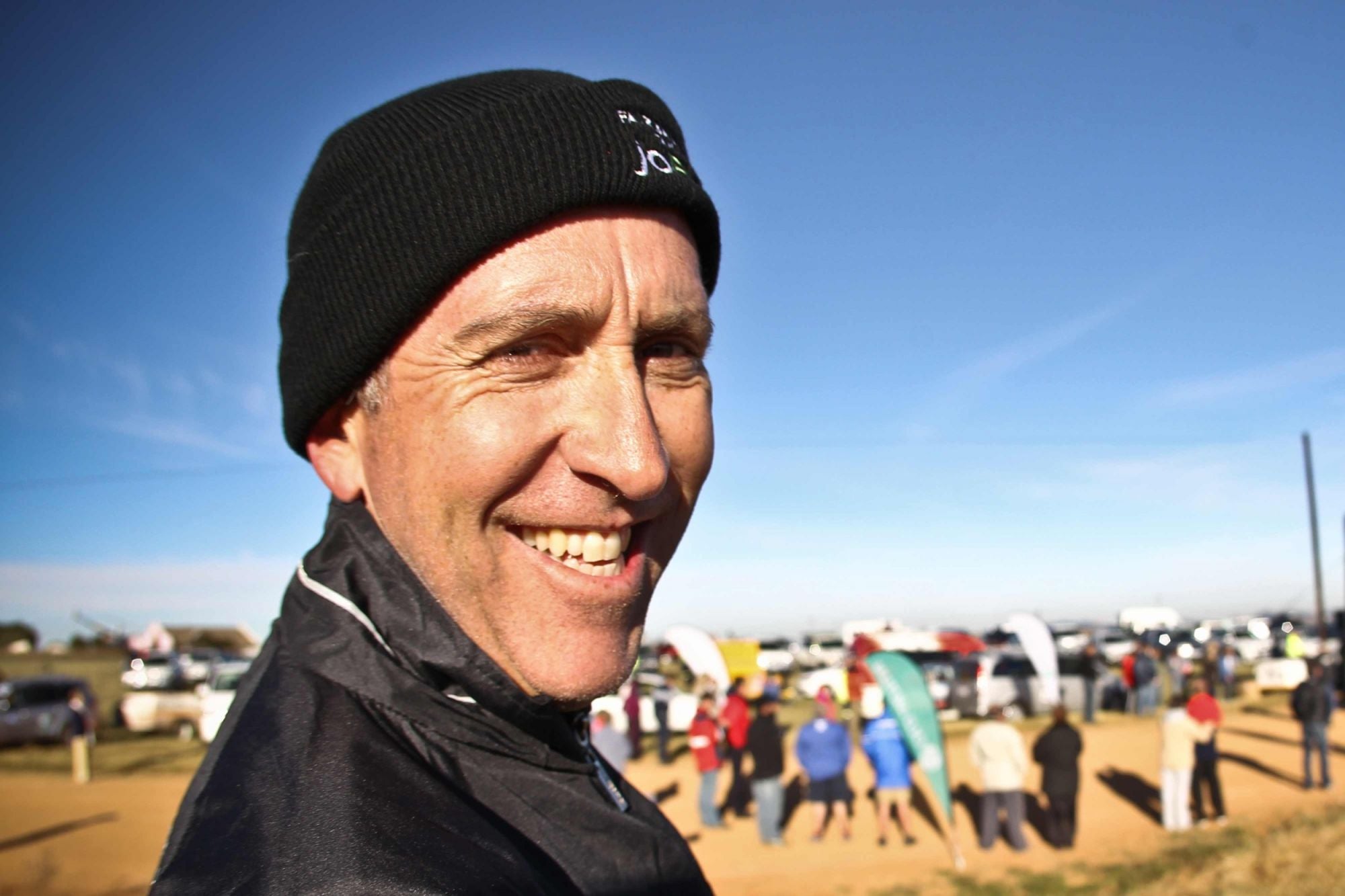Startup Lessons From A Mountain Bike Race Launched By Two Farmers And A City Guy When Craig Wapnick and his partners launched Joberg2c, a nine-day, 900km mountain bike stage race across South Africa, they just wanted to live their passion. Ten years later, they have a thriving business. These are their startup lessons.
You're reading Entrepreneur South Africa, an international franchise of Entrepreneur Media.

Vital Stats
- Player: Craig Wapnick
- Company: Joberg2c
- Visit: Joberg2c.co.za
Joberg2c is a nine-day, 900km mountain bike stage race across South Africa. Celebrating its tenth year in 2019, the business was launched by three friends – two farmers and a city guy, all friends – who wanted to use a community model that allows schools and other organisations to work on joberg2c to raise funds.
Related: The Secret To A Successful Start-up? You Need To Just Start
These schools do all the catering and tented village preparation for the event and are paid by the business partners, who organise and market the race. The schools can earn up to R400 000 profit from hosting joberg2c for one night.
The event is limited to 800 riders to ensure the experience is premium, and the founders think of it as a moving tented lodge with three meals a day, hot showers and lots of craft beer.
As fun – and adventurous – as it sounds, joberg2c is still a business, and the founders have needed to be strategic in their thinking and learn from their mistakes and challenges. Here are the startup lessons that one of the founders, Craig Wapnick, believes have made the biggest impact on the success of the business.
Q. What do you wish you had known before you started joberg2c?
This is such an interesting question, because to be honest, the more I knew the more I might not have delved into the idea of creating a mountain bike ride from joburg to the sea in the first place.
I'm actually glad I didn't know that much about events. It might have put me off. Too much analysis and knowledge can be a bad thing.
South Africa is one of the best places to create something because we have leeway (right or wrong) to do stuff that might be too difficult in other countries due to rules and regulations. Of course, we abide by the rules, but we are also left largely to ourselves to just do the right thing.
Q. Are there specific areas you would have spent more – or less – time and resources on given a "do-over'?
I would have researched sponsorship more vigorously to understand sponsor objectives. I believe I have acquired knowledge on this through experience, but I might have worked with an expert upfront to assist. It's hard to say of course. In our case we had no choice but to go "balls to the wall' to get a route secured and to establish joberg2c.
Q. What has been your most valuable learning since your startup days?
One major learning was that we had to get our route (which is our core product) up to scratch – in year one we took some flak about the rough nature of some parts of our nine-day journey. I would also have kept things simple. There is a tendency to try and over-please when you start something. Be real is my lesson from start to finish.
Q. Knowing what you know now – what would your best practical advice be to new entrepreneurs?
You first and foremost have to love what you do – and not the money. Money will come if it's done well. But it can only be done well if you love the idea and you're prepared to make it happen.
You don't have to love the idea forever and you may move on successful or unsuccessful, but all entrepreneurs I know are driven by an idea in the beginning and they have the confidence and passion to take it to the next level.
My best practical advice is to combine solid knowledge of the market with your gut feel. You cannot be an entrepreneur on research alone – you need instinct too.
Most great things would never have happened if they were left to people trying to calculate the projected return on investment before the idea happened.
Q. What lesson has had the greatest impact on your startup journey?
Hire or inspire above yourself. This is does not mean you have to permanently employ someone you cannot afford to do the job you should be doing, but it does mean you should mix with various experts and you should be challenged by them all the way along your journey.
Don't fear them or shy away from them. You don't always have to listen to them but you need to hear them.
Experts will make you think and answer questions, which will make your business stronger and you more motivated.
Reflecting back, I would have seen an expert business coach from time to time to bounce ideas off them. In our business you cannot give away your little gems to other organisers or marketers. It's the little intellectual properties coming from ideas that make the difference.
However, not all these ideas are grounded or good. I would have liked a guru to speak to about various aspects that was there just for me.
Even in the corporate space, it's not easy for senior management to truly vent what they feel or to truly explore their own issues without fear of judgement and reprisal. My advice is to find an impartial, world-class coach – Someone who truly challenges you.












